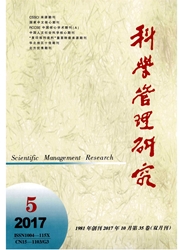

 中文摘要:
中文摘要:
发达国家倾向于采取强化商业育种者利益的保护模式,特别是欧洲国家力推的以UPOV公约为基础的专门方式(简称UPOV方式)。并利用双边或多边协议,向发展中国家施加压力。发展中国家倾向于采取平衡育种者与相关利益主体权益的保护模式,建立适合自己国情的植物新品种保护制度,最具代表性的是印度和非洲统一组织的平衡型模式,但这种模式遭受到发达国家的阻拦。发达国家借TRIPS协议力推UPOV方式。尤其是保护水平更高的1991文本,这给我国等发展中国家带采了严峻挑战。
 英文摘要:
英文摘要:
Developed nations prefer to adopt the model to strengthen the interests of commercial breeders. Especially, European nations commonly push UPOV style and put great pressure on developing countries through bilateral and multilateral agreements. Yet most developing countries intend to protect not only their breeders but also the interests of farmers and local communities. For example,PVP legislation adopted in India and OAU(the Organization of African Unity} is the typical model. Through implementation of TRIPS, developed countries preferably promote the UPOV system, especially the version of the 1991 Act with higher standard, China and other developing countries are thus meeting with great challenges in PVP legislation.
 同期刊论文项目
同期刊论文项目
 同项目期刊论文
同项目期刊论文
 期刊信息
期刊信息
